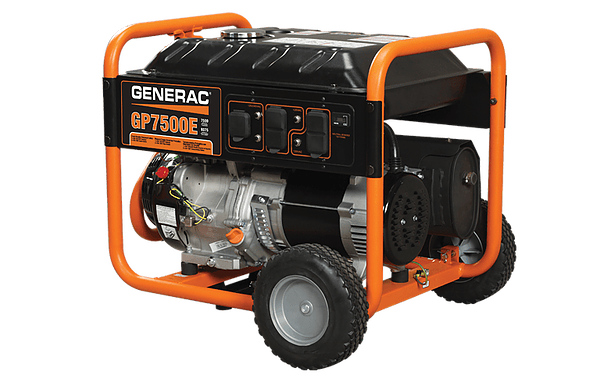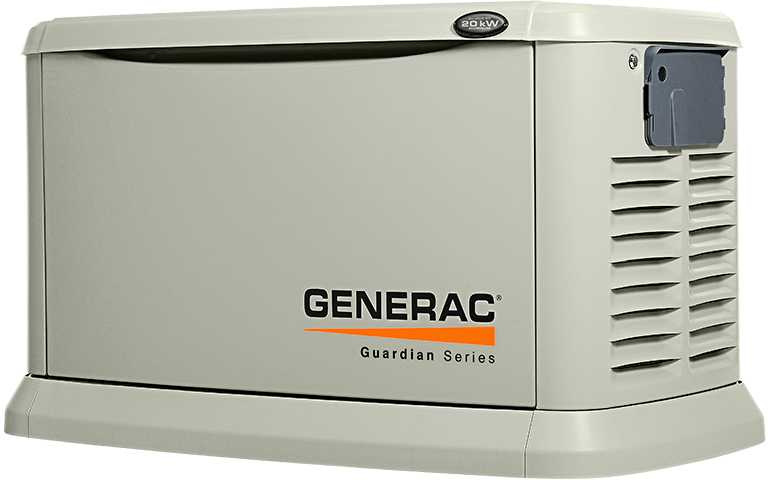Generator Safety

Portable Gas Generators
Never use a generator indoors or in an attached garage.
Be sure to place the generator outside where exhaust fumes will not enter into enclosed spaces. Only operate a generator outdoors in a well-ventilated, dry area, away from air intakes to the home. The generator should be protected from direct exposure to rain and snow.
Don't connect your generator directly to your home's wiring.
Utility transformers can then increase this lower electrical voltage to thousands of volts. That’s more than enough to kill a utility lineman making outage repairs many miles away. You could also cause expensive damage to utility equipment, your home appliances, and your generator.
If you wish to hard-wire a generator to your home, it should be installed by a licensed electrician with an approved cut-off switch that will automatically disconnect the home from the power grid when the generator is being used. Please check with your local utility company and building office before installing a hard-wired generator.
Don't plug a portable generator into an electrical outlet in your home or garage.
The correct way to use a generator is to connect a heavy-duty, outdoor-rated power cord to the generator. Appliances can then be connected to the power cord, as long as they are in the wattage range that the generator can supply.
Make sure that the outdoor-rated power cord has a sufficient wire gauge to handle the electrical load.
Don't overload the generator.
The total wattage used by the appliances should be less than the output rating of the generator. If you put too many appliances on the generator, it could seriously damage the appliances and electronics. Overloading the generator could also cause fires in the power cord. If in doubt, don’t add that extra load to the generator.
Make sure your generator is properly grounded to avoid electrical shocks.
Do not store gasoline for the generator indoors.
Don’t store gasoline in a garage if there’s a water heater or other fuel-burning appliance in the garage. Vapor from gasoline is heavier than air and can travel invisibly along the floor. It could be ignited by a pilot light or other source of flame, such as an electric spark.
Extinguish all flames or cigarettes when handling gasoline or the generator.
Shut off the generator before refueling. Turn off all equipment powered by the generator before shutting it down.
Always have a fully charged, approved fire extinguisher located near the generator.
Read and adhere to the manufacturer's directions for safe operation.
Automatic Standby Generators


Final Tips
Keep children away from portable electric generators at all times.
